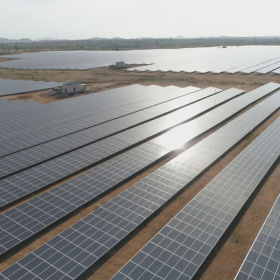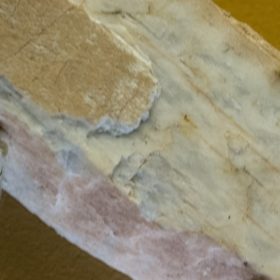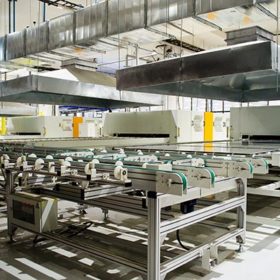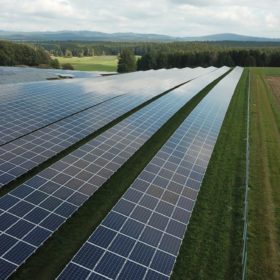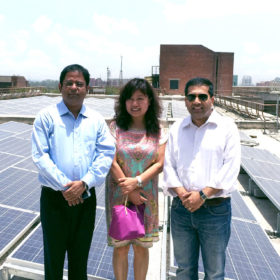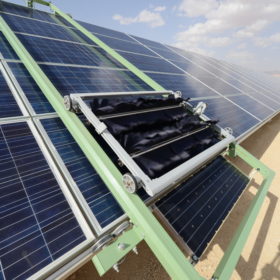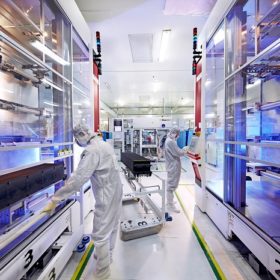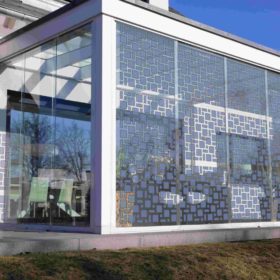MicroSun Solar resumes module manufacturing operations
The Bengaluru-based solar module manufacturer, which has a state-of-the-art facility with capacity of 150 MW per annum, had closed the operation of its units since March 24 after the government announced lockdown to contain Covid-19 spread.
Australian miner launches feasibility study on India’s first lithium refinery
Australia based Neometals and India’s Manikaran Power—which announced their collaboration on India’s first lithium refinery last year—have also doubled the proposed refinery capacity to 20,000 tonnes per annum of lithium hydroxide.
Solar industry gets more time to submit responses for safeguard duty review
The Directorate General of Trade Remedies (DGTR) has granted an extension till May 11 for the solar manufacturers and importers to file their responses as it probes the need for continuing with the imposition of safeguard duty on solar cells, whether or not assembled into modules.
LCOE from large scale PV fell 4% to $50 per megawatt-hour in six months
Analysts at Bloomberg New Energy Finance say the lowest-cost projects financed in Australia, China, Chile and the UAE in the last six months hit a levelized cost of energy of just $23-29/MWh and the best solar and wind projects will produce electricity for less than $20/MWh by 2030.
SunSource orders 105 MW of Trina Solar modules with 500W+ output
Trina Solar’s new Vertex series of bifacial modules have a conversion efficiency of up to 21% and can deliver more than 500W of power from the front surface.
CEL seeks technology partner for waterless solar module cleaning systems
The state-owned Central Electronics Limited seeks to empanel startups having the technology patent for waterless solar module cleaning system without any moving parts as its intends to manufacture such systems at its facilities.
Single‐walled carbon nanotubes for more efficient III‐V solar cells
Russian researchers have improved the efficiency of a thin-fim GaAs‐based solar cell by 0.9% by applying single‐walled carbon nanotubes as the topmost layer. The cell also showed a slight increase in the short circuit current density, from 16.9 to 17.9 mA/cm2.
BHEL tenders solar module supply for VTU, Karnataka
May 4 is the last date to submit bids for supplying 1130 quantities of 72-cell, 330Wp crystalline-silicon solar modules for Visvesvaraya Technological University. The modules are to be delivered within 45 days of the purchase order.
‘Free-form’ organic PV
French organic PV module manufacturer Armor said it began manufacturing free-form PV modules in early April. The new technology will allow the company’s ASCA PV film to be produced in a range of different shapes.
UK based Faradion to start sodium-ion battery manufacturing in India
The sodium-ion battery technology developer has bagged its first order from ICM Australia and is looking at India as the next destination for manufacturing with the initial target set as 1 GWh.
